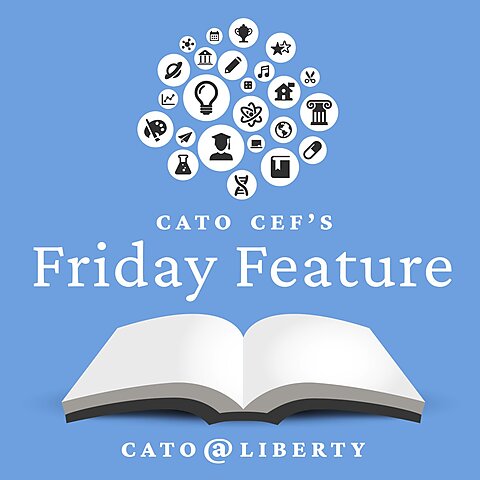
Colleen Hroncich
I recently toured Freedom Learning Academy in Overland Park, Kansas, and was really inspired by what I saw there. Josiah Enyart was a public school teacher and coach for more than 10 years. Over time, he started to get a bit disillusioned by what he was seeing in his school. But it was really when his oldest child entered public school and started having some issues that he began paying closer attention to what was happening.
Then Covid hit, and the district’s mask and vaccination policies were the final straw. He pulled his kids from the district and decided to homeschool them. Other parents found out and wanted Josiah to teach their kids, too. He quickly remodeled his basement and launched Freedom Learning Academy in fall 2021 with 15 students. Word continued to spread, and he had 18 students by the end of the year—with nearly 80 on a waitlist.
With so much interest in his school, Josiah was scrambling to find a bigger location. But it’s hard to find a place that can work for a variety of educational needs, including classrooms, a community space, and outdoor space. Eventually he found a church that was happy to let the school come in on weekdays for an affordable price. Because of the trouble with finding a location, many of the interested families had already committed to other educational options. Despite the delay, Freedom Learning Academy had 36 students in the first year in the church and almost 50 the next year.
Freedom Learning Academy is registered as a Non‐Accredited Private School in Kansas, which Josiah likes because it gives him a lot of flexibility and freedom from government intrusion. It is strongly influenced by Montessori principles, like self‐directed learning with lots of hands‐on activities. Teachers strive to maintain a homeschool‐like atmosphere with one‐on‐one attention and giving students time to explore topics in depth and move at their own pace.
FLA uses Kansas state standards as a guide because Josiah believes it will help students when they transition to other learning environments, but students can move up and down as needed rather than being locked into a certain level based on their age or grade.
So far, Josiah’s experiment seems to be working. Enrollment has grown each year, and he hasn’t lost any students. “The families at FLA have been greatly impacted by our school,” he says. “With FLA, they have found a safe community that supports parental rights, hard work, strong character, good decision making, and a desire to build up every child in their academic and social skills through meaningful and engaging work mixed in with the opportunity to experience nature and participate in society.”
Josiah isn’t just bullish on FLA; he’s bullish on the sector as a whole. “Alternative education models like home‐school, micro schools, and hybrid schools are the wave of the educational future,” he explains. “They are the only way I see us strengthening our country and maintaining the family values that shaped our country’s success that so many hold dear. It is a leap of faith. It is a lot of change if you’ve only been in public or private school, but it is worth it.”
To any would‐be education entrepreneurs, including parents and teachers, who are considering starting a new learning environment, Josiah is very encouraging. “There are so many people willing to help and support your endeavor to improve education and the lives of those involved. The more options we can provide for parents, the more successful this next generation of leaders will be. We need to rebuild the bedrocks of our society: Strong family values, virtuous behavior, and skilled and knowledgeable individuals with the ability to collaborate, problem solve, and think critically. Alternative education is the answer.”





